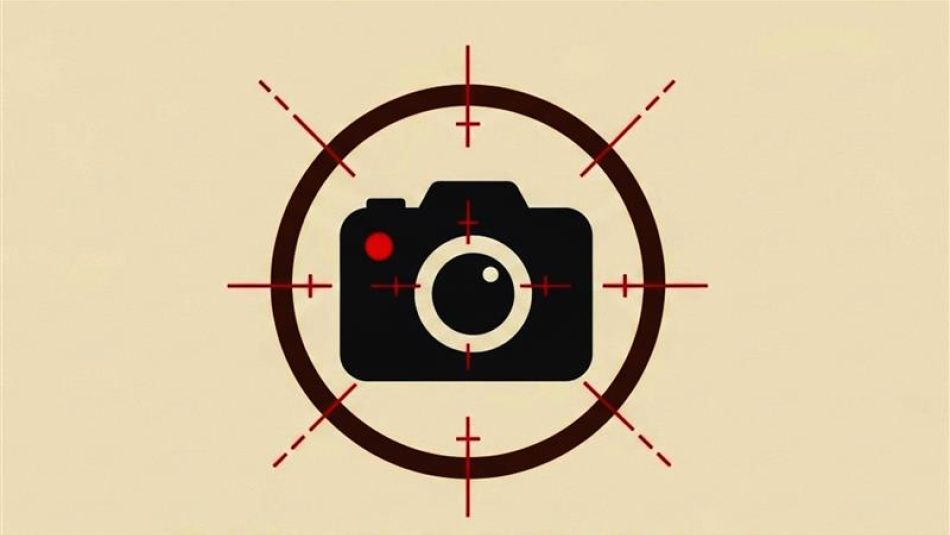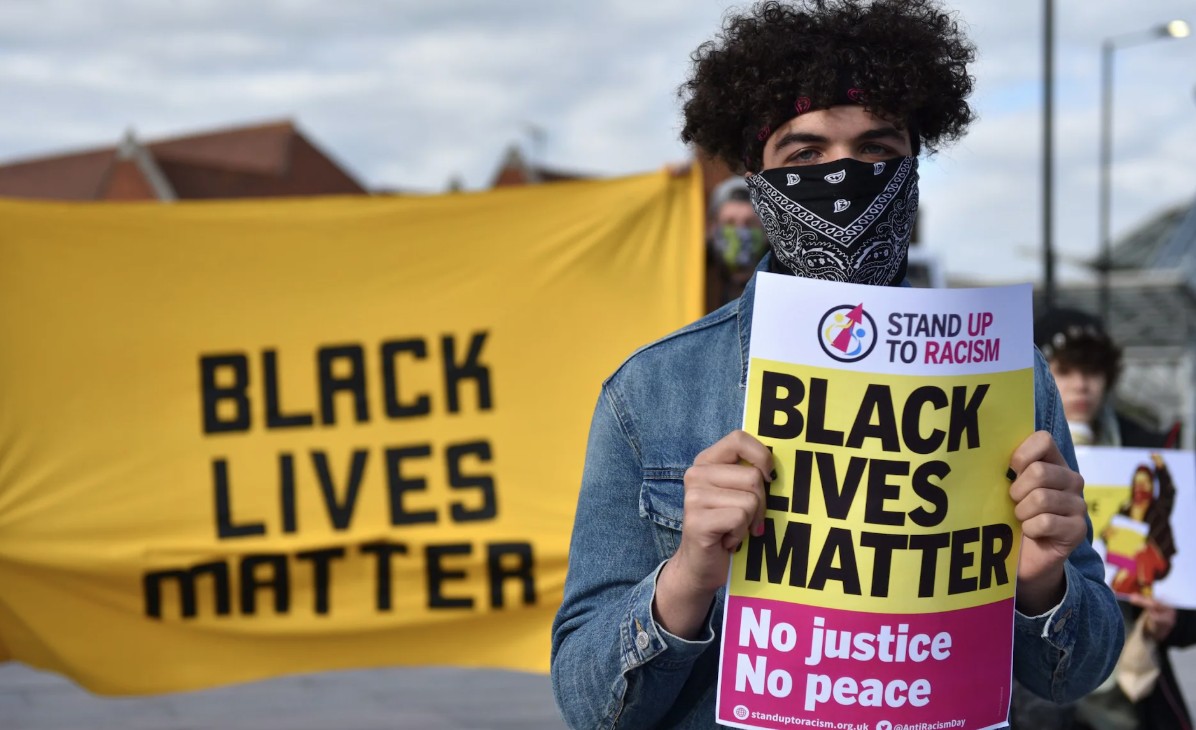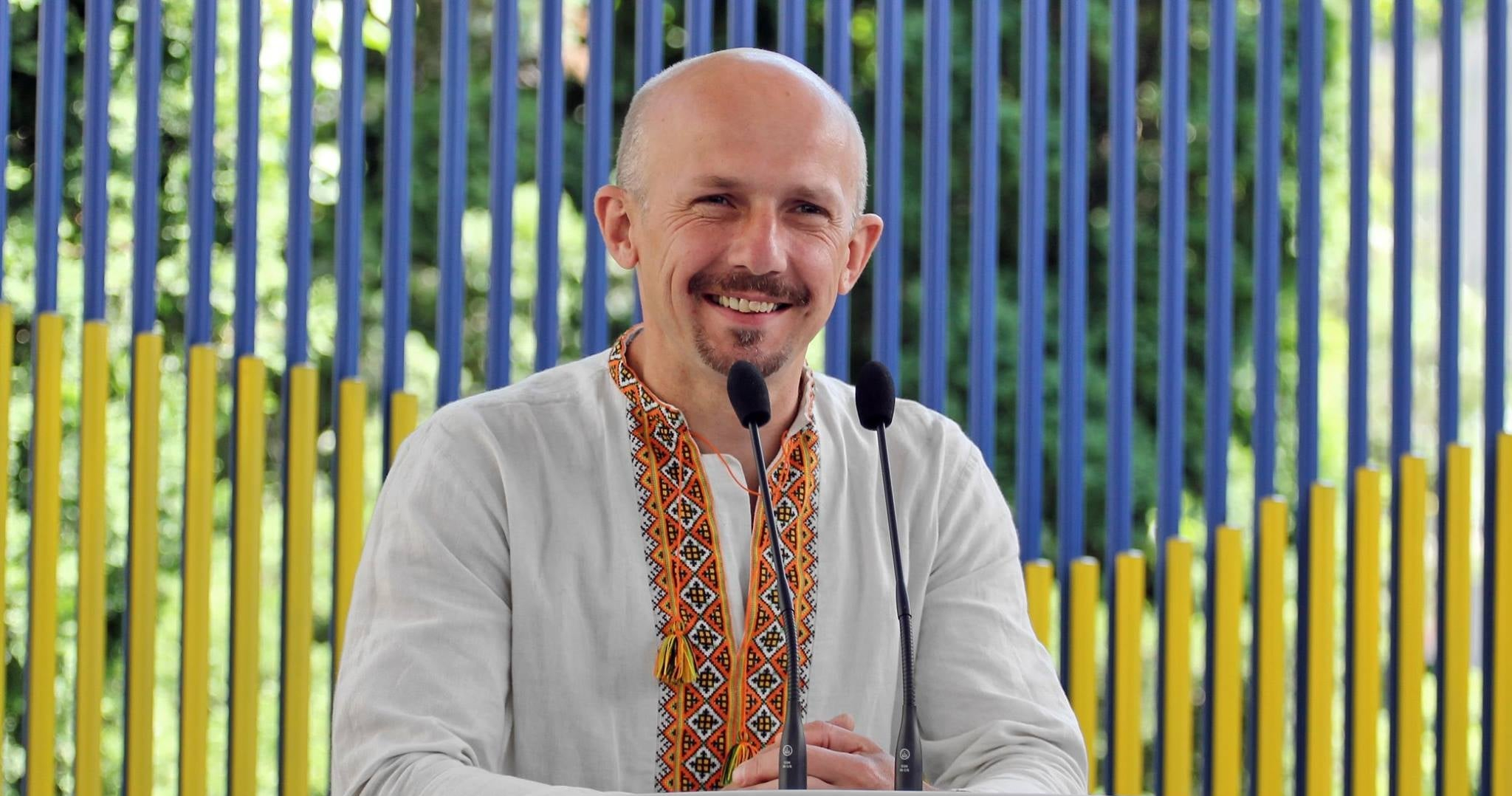
Unifor Backs “End Impunity” Day for Journalists
October 20, 2025
Pressures Mounting for West Bank Journalists as Gaza Enters New Phase
October 20, 2025October 20, 2025 – UK –
In a recent statement, the BBC’s Director-General Tim Davie declared that staff working within the newsroom are prohibited from wearing “Black Lives Matter” T-shirts. He clarified that while the organization firmly opposes racism, staff must maintain impartiality and avoid visible political affiliations.
During an appearance at a literature festival in Cheltenham, Davie said news reporters should not combine their professional role with campaigning: “You cannot have any assumption about where people are politically. You leave it at the door, and your religion is journalism in the BBC.” He drew a parallel with other political merchandise, stating that entering the newsroom with a mug supporting a political figure (such as U.S. Vice President Kamala Harris during an election) would also be unacceptable.
Davie asserted that upholding neutrality is his “number one priority,” noting that maintaining balance and avoiding endorsement of campaigns or movements ensures that reporting remains unbiased. The policy is said to arise from the BBC’s long-standing public service mandate, which emphasises institutional independence and trust.
The announcement has sparked broad commentary. Some media observers argue the move is consistent with standard newsroom professionalism—keeping overt symbolic displays of advocacy out of reporting spaces. Others counter that the distinction between personal expression and perceived partisanship is becoming harder to maintain in highly visible public roles, especially on issues like race and social justice which many say transcend “political campaigning.”
Internally, the BBC reportedly faces internal discussions about how the rule applies across roles (on-air vs off-air staff) and whether the policy may affect the perception of its diversity ambitions. Externally, the decision has raised questions about how media organizations globally navigate the boundary between personal convictions and professional presentation.
In summary, the BBC’s directive aims to draw a clear line between journalistic activity and visible support for recognised campaigns, with “Black Lives Matter” cited as an example of a movement that crosses from social statement to political campaigning, according to the corporation’s leadership.
Reference –
https://www.telegraph.co.uk/news/2025/10/19/black-lives-matter-not-welcome-bbc-newsroom-tim-davie/




